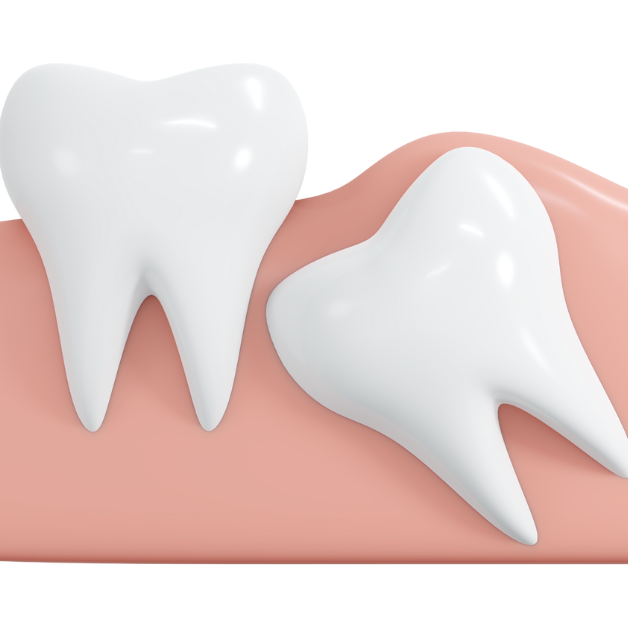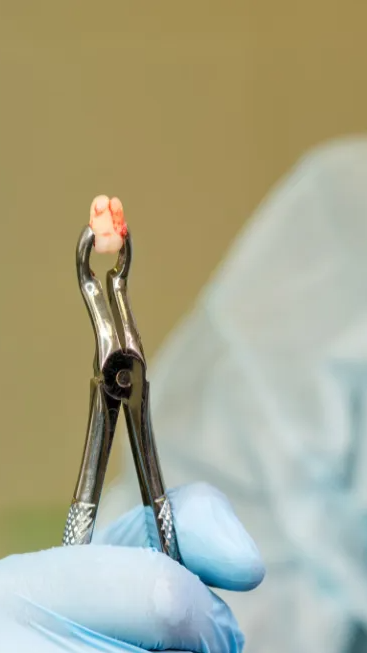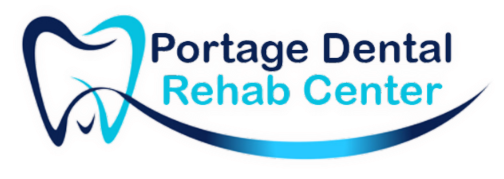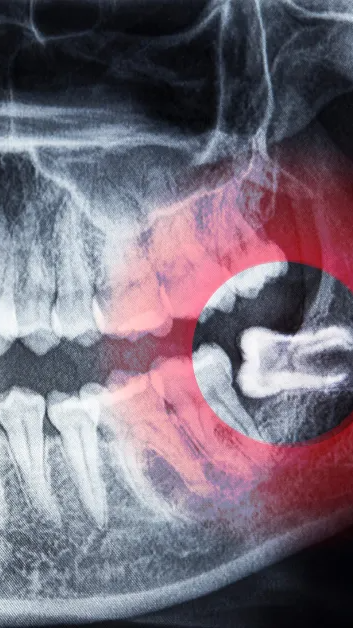Wisdom Teeth Removal
Wisdom teeth, which are also referred to as third molars located at the back of the mouth, may not need to be extracted if they meet the following criteria:
- They are healthy.
- They have fully grown in.
- They are positioned correctly and biting properly.
- They can be cleaned daily.
In many cases, wisdom teeth have insufficient room for proper growth, which can result in potential complications. These teeth may develop at different angles within the jaw, sometimes even horizontally.

When is the ideal time for wisdom teeth extraction?
Typically, the extraction of wisdom teeth is performed during early adulthood, typically between the ages of 15 and 22. This is considered a safer, simpler, and faster recovery process compared to removing wisdom teeth later in life. The reason for this is that the roots of the teeth are not fully developed, the jawbone is less dense, and the healing process after surgery tends to be quicker. As a result, it is common for young adults to undergo wisdom teeth extraction as a preventive measure before any problems arise.
According to the guidelines set forth by the American Dental Association, the extraction of wisdom teeth may be necessary if you are experiencing any of the following conditions:
- Discomfort or pain in or around the wisdom teeth.
- Gum disease.
- Frequent infections in the soft tissue located behind the last lower tooth.
- Presence of cysts, which are fluid-filled sacs.
- Tumors.
- Damage to neighboring teeth.
- Severe dental decay.
What happens when a tooth is impacted?
When a tooth does not fully come out of the gums, it is called impaction. Wisdom teeth can become impacted at different levels:
- When hard tissue (bony) impaction occurs, the tooth remains embedded in the bone, either partially or entirely.
- Soft tissue impaction occurs when the tooth's upper part is positioned above the bone and is solely covered by gum tissue.
What occurs during the extraction of wisdom teeth at Portage Dental Rehab?
- In order to assess the position of your wisdom teeth, we will take x-ray images of your mouth.
- Typically, most people choose to have all four teeth removed in a single procedure.
- To ensure numbness in the area where the tooth or teeth will be removed, a local anesthetic will be administered (you will remain awake).
- If necessary, we provide sedation anesthesia options such as nitrous oxide or "laughing gas." This gentle sedative effectively and safely alleviates pain and anxiety during dental procedures.
- One of our skilled dentists will carefully make an incision in the gum tissue to extract the tooth. In some instances, it may be necessary to remove any bone tissue that is blocking access to the tooth.
- The tooth will be extracted, and if necessary, it may be divided into smaller pieces to facilitate its removal.
- Next, we will proceed to suture the wound so you can begin the healing process.
How to recover from wisdom teeth extraction
To increase the odds of a successful recovery, adhere to the following recommendations:
- Frequently replace the gauze pad covering the wound.
- Apply an ice pack to minimize swelling.
- Refrain from consuming alcohol, smoking, and engaging in physical activity.
- Gently rinse with warm salt water to help neutralize bacteria.
- Avoid using a straw
- Maintain regular brushing and flossing habits to prevent the accumulation of food particles and harmful bacteria in your mouth. Be cautious not to brush the wound


